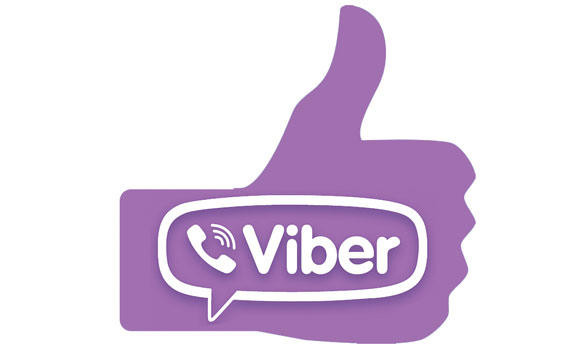Viber users in the Kingdom have said that the service is back on their smartphones despite authorities insisting that it is still banned.
The Kingdom blocked the instant messaging and voice-over-IP (VoIP) application in June 2013 because “it does not currently meet the regulatory requirements and laws of Saudi Arabia,” the Communications and Information Technology Commission (CITC), the Kingdom’s telecom regulator, said in a statement.
“I deleted my application as soon as it was banned because I knew there was no use of it. When I heard the news from my friends, I instantly downloaded Viber again and I was happy it was working with great connection and speed,” said Mona Zamzam, a businesswoman.
“Conversation and visual communication applications are very important, especially given that we live in a new era where the Internet and social media outlets play a huge role in our daily life.”
However, CITC spokesman, Sultan Al-Malek told AFP: “There may be some illegal way to get around the ban, but the commission is dealing with that.
“The CITC has not lifted the ban, as the company has not complied with the requirements of the commission.”
Authorities had asked telecommunications providers to provide a mechanism that would make censorship possible, industry sources said when the ban was first imposed.
In a previous interview with Arab News, Talmon Marci, Viber CEO and founder, said that his company would find a way to stop Saudi Arabia blocking its messaging services.
In March 2013, the CITC warned that WhatsApp, Viber and Skype applications would be barred if the owners of these communication platforms do not provide a monitoring server. Viber was the only application that was banned. WhatsApp and Skype are still operating.
Viber is back. No, says CITC
Viber is back. No, says CITC











